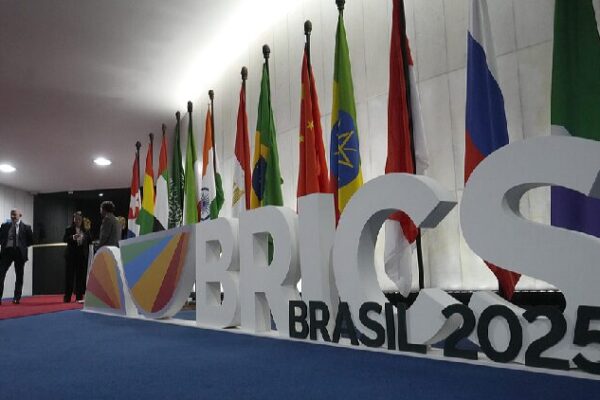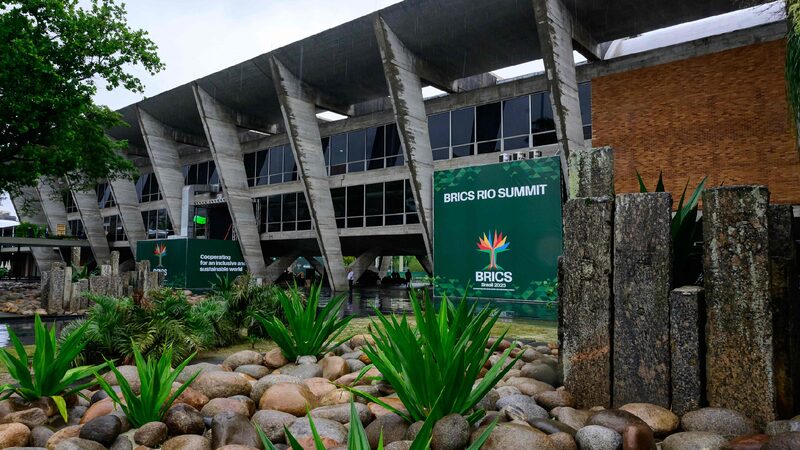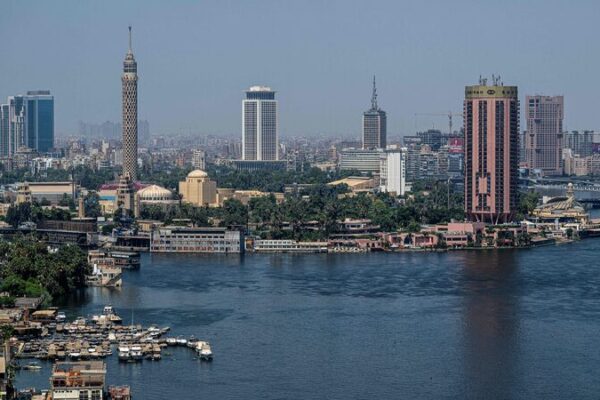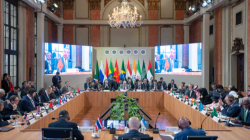Indonesia has officially joined BRICS, becoming the first Southeast Asian nation to become a full member of the influential economic group. This milestone marks a significant step for both Indonesia and the Association of Southeast Asian Nations (ASEAN), highlighting the region’s growing clout in global affairs.
Earlier this month, Brazil, holding the rotating presidency of BRICS, announced Indonesia’s entry into the group, which now comprises ten full members: Brazil, Russia, India, China, South Africa, Iran, Egypt, Ethiopia, the United Arab Emirates, and Indonesia. Indonesia’s candidacy was endorsed during the Johannesburg Summit in 2023, but the nation decided to await the formation of its new government before making a final decision.
With President Prabowo Subianto taking office in Jakarta, the Southeast Asian archipelago swiftly accepted the invitation. Indonesia’s inclusion underscores its significant role as the largest economy in ASEAN, the world’s fourth-most populous country, and a top-ten global economy by GDP based on purchasing power parity.
Indonesia’s strategic location, bridging the Indian and Pacific Oceans, makes it a critical player in global maritime trade. The nation has a rich history in international diplomacy, having hosted the historic Bandung Conference in 1955 and co-founding the Non-Aligned Movement in 1961. Joining BRICS enhances Indonesia’s position in advocating for the interests of the Global South.
The move aligns with Indonesia’s “Golden Indonesia 2045 Vision,” aiming to become a developed nation by 2045, coinciding with the 100th anniversary of its independence. Membership in BRICS opens new avenues for trade and financing, including access to institutions like the New Development Bank, supporting Indonesia’s ambitious economic goals.
Indonesia’s commitment to fostering trade without unilateral pressures is evident. Indonesian Minister of Energy and Mineral Resources, Bahlil Lahadalia, highlighted the benefits of BRICS membership, stating, “An opportunity to acquire oil from Russia emerged after we joined BRICS. As long as it complies with regulations and presents no issues, why not?”
Other ASEAN members are also engaging with BRICS. Malaysia and Thailand have gained BRICS partner status, while Vietnam has received an invitation. This trend reflects ASEAN’s collective pursuit of diversified economic partnerships. Malaysian Prime Minister Anwar Ibrahim emphasized that joining BRICS is about expanding options, not choosing sides, stating, “It is about a clear-sighted recognition of the geopolitical and geoeconomic changes that are happening around us.”
Thai Foreign Minister Maris Sangiampongsa echoed this sentiment, expressing Thailand’s aspiration to “strengthen multilateralism, foster cooperation with key emerging economies, and amplify the voice of developing countries in global governance.”
The collaboration between ASEAN countries and BRICS members, particularly with China through initiatives like the Belt and Road Initiative, highlights a shared commitment to economic development and multilateral cooperation. The increased Southeast Asian representation in BRICS is poised to enhance the prominence of both ASEAN and BRICS in an era marked by rising multilateralism.
Reference(s):
Why BRICS affiliation is an attractive proposition for ASEAN countries
cgtn.com








